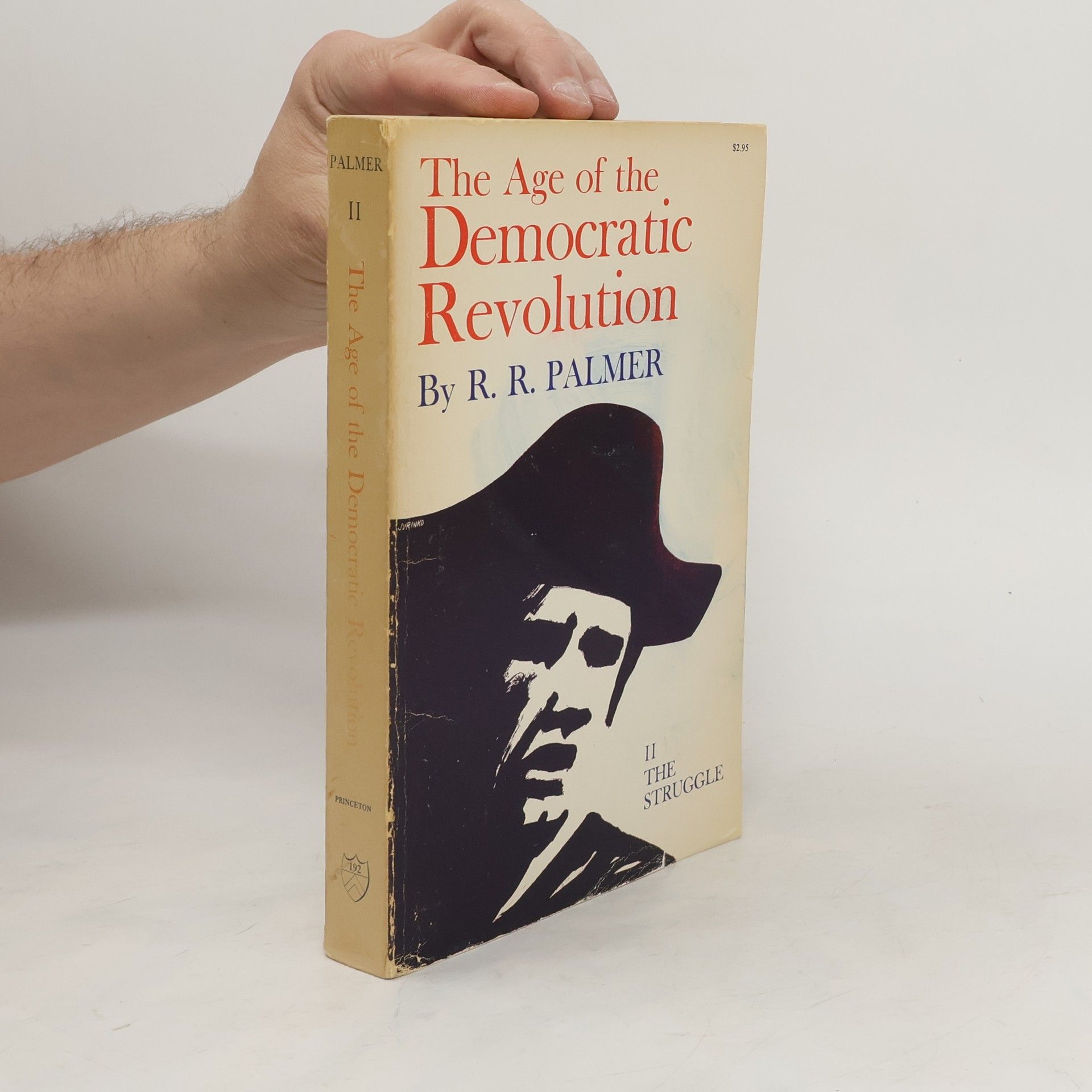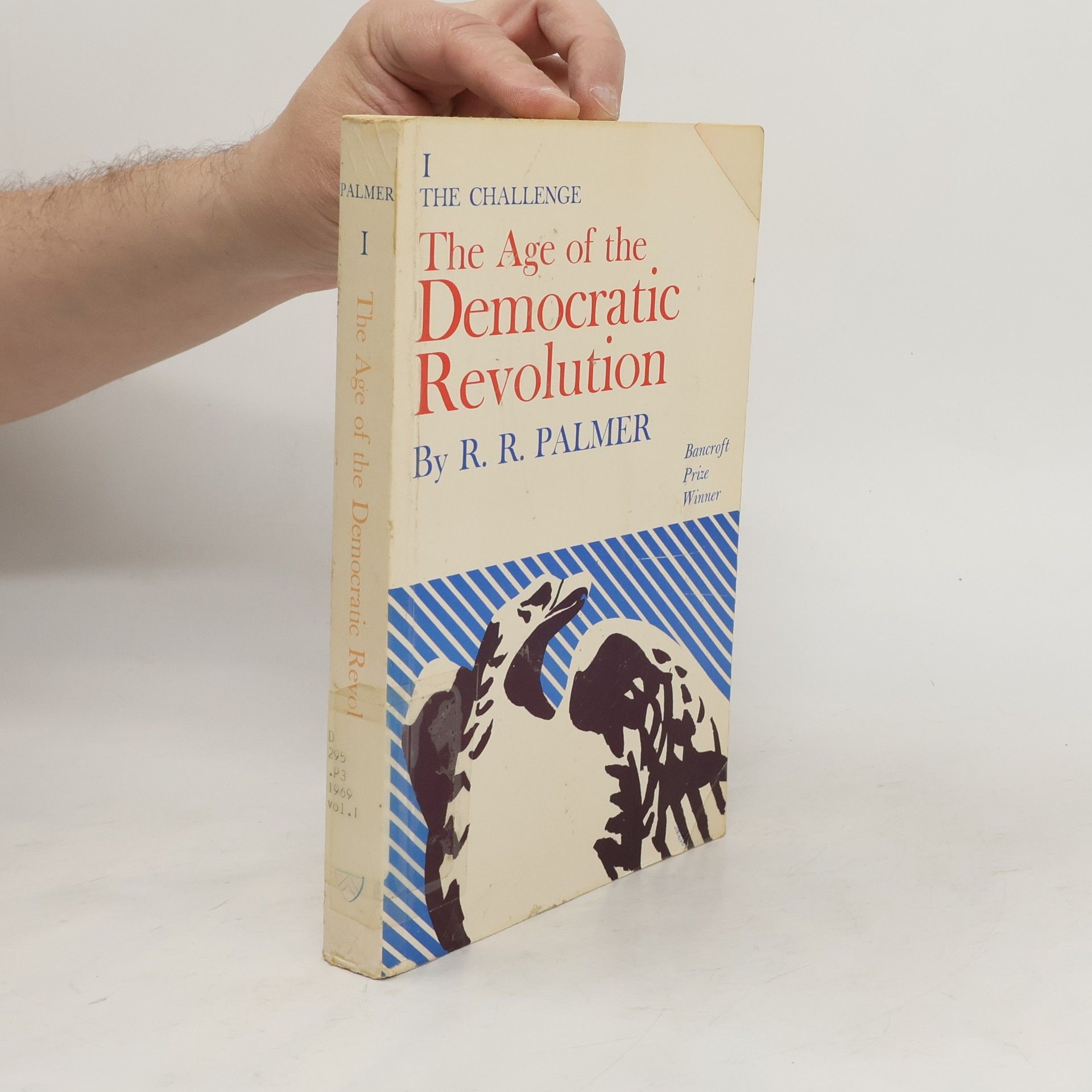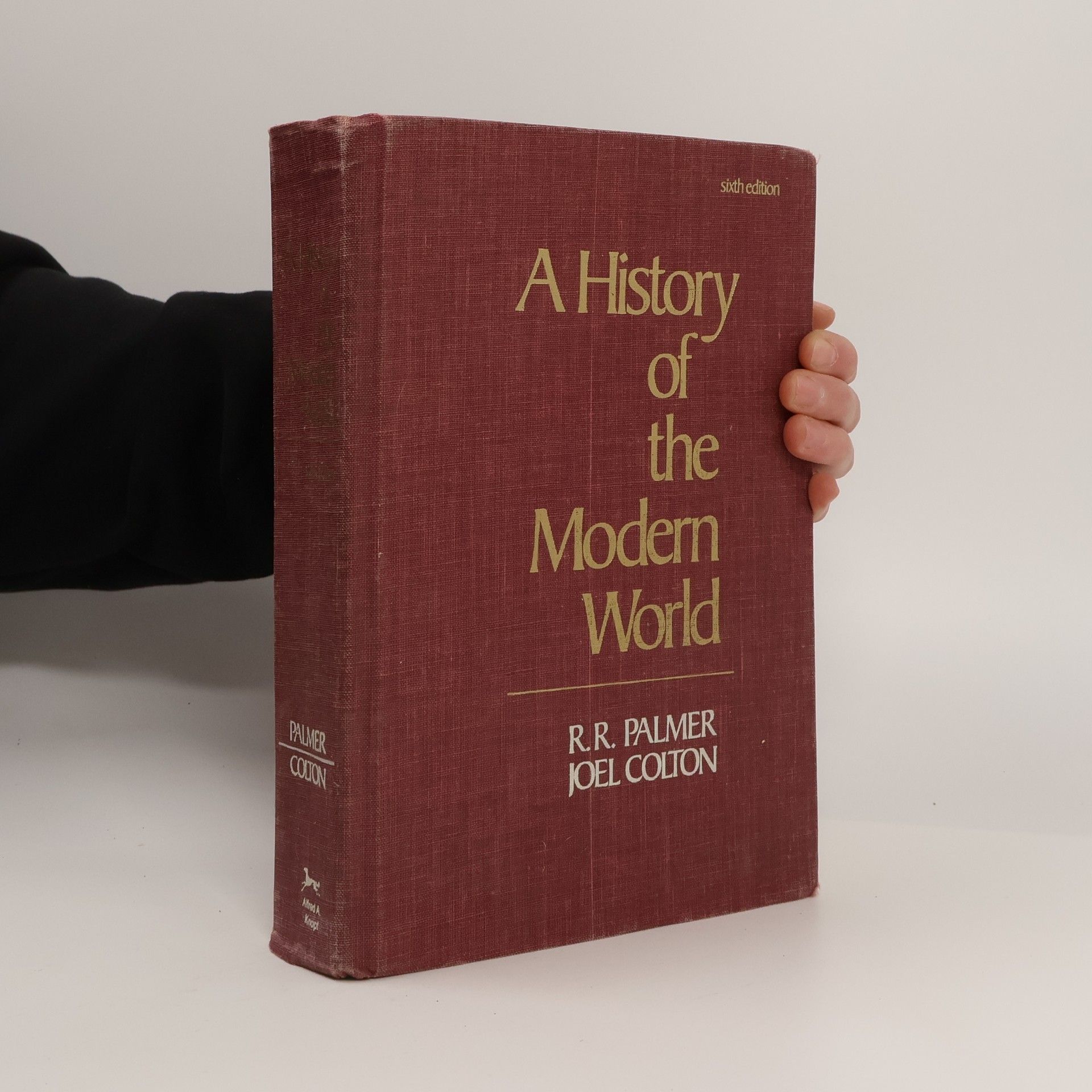A History of the Modern World
- 1106 Seiten
- 39 Lesestunden
Conceived & written as a history of the modern world rather than a truncated Western Civilization book, this text is one of the most highly praised history texts ever published. In 1950 Palmer published A History of the Modern World, which is in its tenth edition as of 4/06. He prepared the latest versions with the assistance of Joel Colton & Lloyd Kramer. The text has been translated into six languages & is used in more than 1000 colleges & many Advanced Placement History high school classes. It's notable for its clear, essay-like writing style. Palmer's introduction covers the period from the earliest signs of human civilization to 1300 CE. The main body of the text covers events from the Black Death to the Fall of the USSR in European history. The book is grouped into categories based on ideas, i.e. the effect of the French Revolution on modern & ancient thought may be mentioned before the French Revolution.





